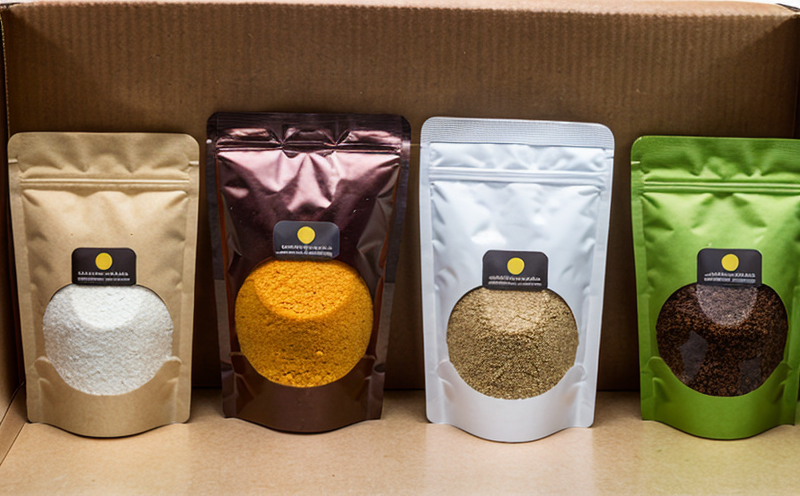Phthalate Content Testing in Food Contact Materials
In today’s competitive market, ensuring product safety and compliance with international standards is paramount. For food contact materials (FCMs), the presence of phthalates can pose significant health risks if not properly managed. Phthalates are a group of chemicals used in plastics to increase flexibility and durability but have been linked to various health issues when present in food packaging or containers. This service focuses on providing comprehensive testing for phthalate content, ensuring that FCMs meet strict regulatory requirements.
The importance of this test cannot be overstated, especially given the stringent regulations imposed by bodies like the European Union (EU) and the U.S. Food and Drug Administration (FDA). The EU's Directive 2019/1020 on FCMs prohibits the use of certain phthalates in direct contact with food due to their potential carcinogenic, mutagenic, or reproductive toxicity effects (Annex I Part B).
The testing process involves several key steps. Specimens are initially prepared by thoroughly cleaning and degreasing them according to specific protocols. Once prepared, the samples undergo extraction using solvents that effectively dissolve any phthalates present. After extraction, the solution is analyzed via various analytical techniques such as gas chromatography (GC) or liquid chromatography coupled with mass spectrometry (LC-MS/MS). These methods provide high sensitivity and specificity in detecting even trace amounts of phthalates.
The accepted limits for phthalate content vary depending on the specific type of FCM and its intended use. For example, certain phthalates are completely banned from all food contact applications under EU regulations, while others may have set maximum allowable concentrations (MACs). Our laboratory strictly adheres to these guidelines when interpreting results.
The application of this testing extends beyond mere compliance; it also enhances brand reputation and consumer confidence. By demonstrating adherence to stringent safety standards, manufacturers can protect their products from recalls or legal action while potentially gaining a competitive edge in the marketplace.
Our laboratory is equipped with state-of-the-art equipment capable of performing these analyses reliably and accurately. Our team consists of highly qualified professionals who stay updated on all relevant regulatory changes and best practices within the industry.
Applied Standards
- European Union Regulations: Directive 2019/1020 on FCMs
- FDA Guidelines: Generally Recognized as Safe (GRAS) Notification System
- International Standards: ISO 15694, ASTM D8372
The testing process follows closely these established guidelines to ensure consistency and accuracy.
Industry Applications
- Plastic Bottles: Testing ensures that the plastic used in bottle manufacturing does not contain harmful levels of phthalates.
- Packaging Films: Verification of packaging films for food products to prevent contamination from phthalates.
- Jars and Containers: Ensuring the safety of containers used for storage or transport of food items.
These applications highlight just a few areas where our testing service plays an integral role in maintaining product integrity and consumer trust.
Customer Impact and Satisfaction
- Increased Compliance: By providing accurate test results, we help customers stay compliant with all applicable regulations.
- Enhanced Brand Reputation: Proven adherence to stringent safety standards can significantly boost a brand’s image and reputation.
- Satisfied Customers: Our comprehensive testing service ensures that the products reaching the market are safe, reliable, and meet all necessary requirements.
We strive to exceed customer expectations through our commitment to excellence in every aspect of our work.





